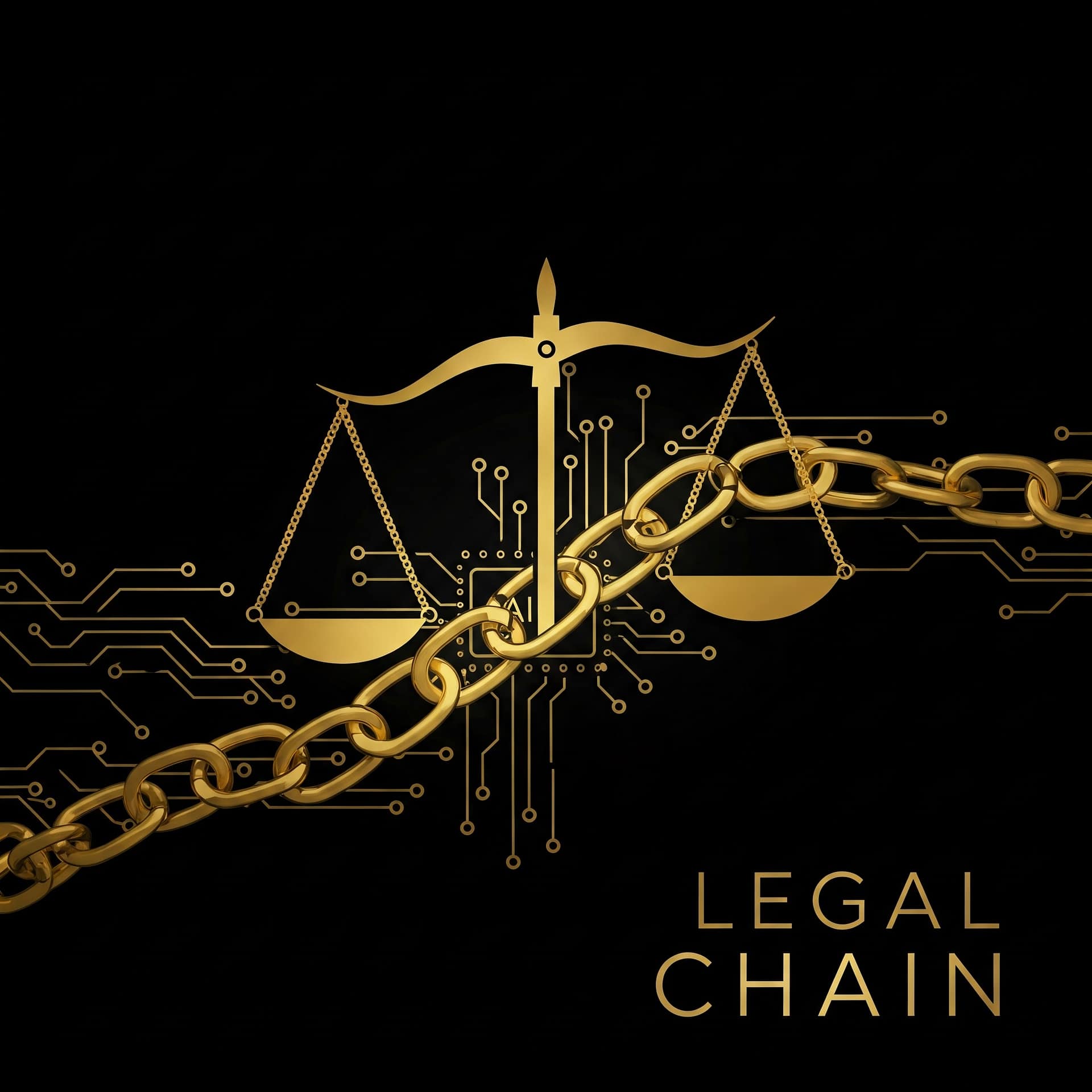Why In-House Counsel Departments Need Legal AI
In-house legal departments have always carried a unique burden. Unlike law firms that specialize in specific practice areas, corporate counsel teams must cover a wide spectrum of responsibilities: managing contracts, ensuring compliance across multiple jurisdictions, assessing risk, responding to litigation, and advising executives on strategy.
The challenge? They’re being asked to handle more complexity with fewer resources. Budgets are tightening, timelines are shrinking, and expectations from leadership continue to rise.
This is why Legal AI is no longer a “nice to have”—it’s becoming a necessity.
Contract Review and Drafting
One of the most time-consuming tasks for in-house teams is reviewing contracts. Whether it’s vendor agreements, NDAs, or customer contracts, attorneys often spend hours combing through documents for risks and inconsistencies.
Legal AI can analyze contracts in minutes, flagging potential issues, suggesting revisions, and even comparing terms against a company’s playbook. This doesn’t replace the attorney’s judgment—it simply ensures that routine review doesn’t eat into valuable time.
Staying Ahead of Compliance
Regulations don’t stand still. From data privacy laws to labor rules to industry-specific requirements, staying compliant across multiple regions is an ongoing challenge. Traditionally, counsel must manually monitor these changes or rely on costly external advisors.
AI tools can track regulatory updates in real time, automatically flagging what matters most to the business. This proactive approach reduces exposure and helps legal teams stay one step ahead.
Litigation Readiness and Case Analysis
Discovery and case law research are historically labor-intensive. AI changes the equation by quickly scanning through thousands of cases, documents, or precedents to surface relevant information. This not only accelerates preparation but also increases accuracy, reducing the risk of oversight.
Driving Operational Efficiency
Perhaps the biggest benefit of Legal AI is efficiency. By automating low-value, repetitive tasks, in-house teams free up time to focus on strategic work: partnering with business leaders, shaping corporate strategy, and providing high-value legal guidance.
In a world where legal departments are often seen as cost centers, AI empowers them to demonstrate measurable value.
The Future of In-House Counsel
Legal AI is not here to replace lawyers—it’s here to augment them. By combining human expertise with machine intelligence, legal teams can protect the company, accelerate workflows, and deliver smarter outcomes.
The in-house legal department of the future won’t be defined by choosing between people and technology. It will be defined by how well they work together.
Final Thought:
For companies looking to stay agile, compliant, and cost-efficient, integrating Legal AI into in-house counsel operations isn’t just an advantage—it’s essential.
